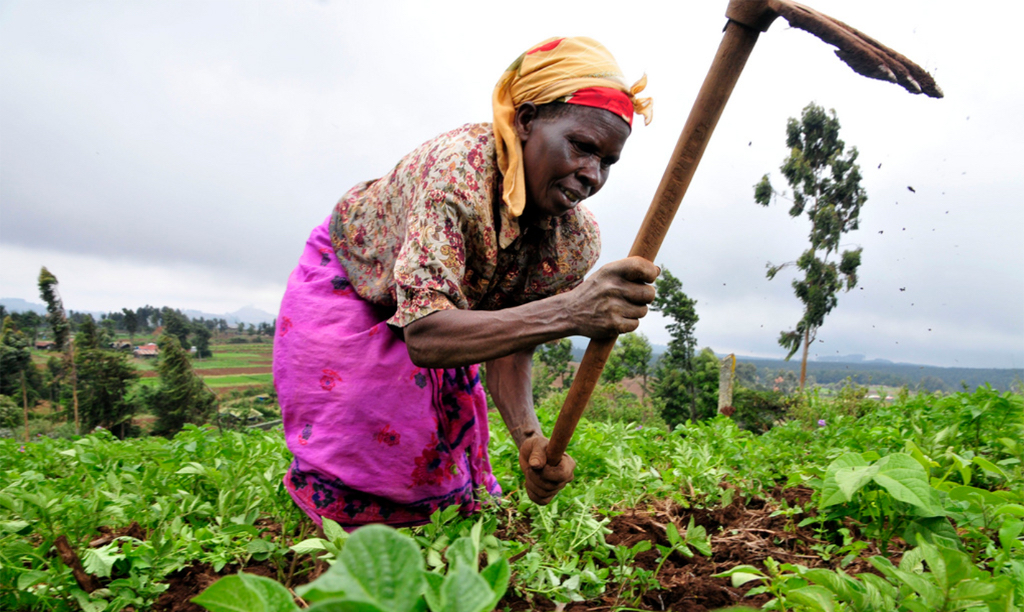The European Investment Bank (EIB), in its ongoing efforts to support eco-friendly initiatives, has signed a pivotal Memorandum of Understanding with the prominent African financial establishment, Compagnie Financière Africaine (COFINA). Their collaborative goal is to elevate and bolster sustainable agricultural practices across the West African region.
Under the specifics of this promising agreement, the EIB has committed to channeling a sum of €16 million (equivalent to $17.1 million) specifically towards small and medium-sized enterprises (SMEs).
This fund will also prioritize female-led initiatives and innovative entrepreneurs who are actively working on green agriculture ventures in the Ivory Coast. On the other hand, Senegal is slated to benefit directly with an investment of €10 million ($10.7 million), facilitated via COFINA’s extensive network.
Expressing optimism and outlining the strategic vision, Sié Amed Touré, who helms COFINA in the Ivory Coast as its Managing Director, emphasized that this significant financial infusion would play a crucial role in bridging the gap with rural communities.
By leveraging cooperatives and local groups, COFINA envisions a streamlined process that automates everything from the basic farming activities right up to the final crop processing phase. This would not only modernize agricultural methods but also solidify these communities’ roles as dominant local agricultural forces.
From the EIB’s perspective, this hefty funding isn’t merely a financial gesture. The bank envisages a ripple effect where the fund acts as a catalyst for generating new employment opportunities, invigorating the economic landscape, and ushering in a wave of green farming methodologies.
The broader objective of this endeavor is to fortify food security measures in nations like the Ivory Coast and Senegal. This becomes even more paramount considering the recent strain on global supply chains due to unforeseen challenges like the COVID-19 outbreak and geopolitical tensions arising from the Russia-Ukraine situation.
To further enhance the impact, the EIB is also gearing up to roll out technical assistance programs. These will be particularly tailored to uplift women-led businesses, simultaneously focusing on enhancing the efficiency of irrigation systems, modernizing agricultural machinery, and optimizing storage facilities.
In terms of tangible outcomes, industry analysts and stakeholders predict that this investment could potentially pave the way for sustaining and even creating up to 6,000 jobs. These opportunities are expected to span diverse agricultural sectors, including but not limited to cocoa cultivation, cashew processing, production of staple food crops, cereals, and even the burgeoning horticulture industry.
SOURCE: energycapitalpower.com



